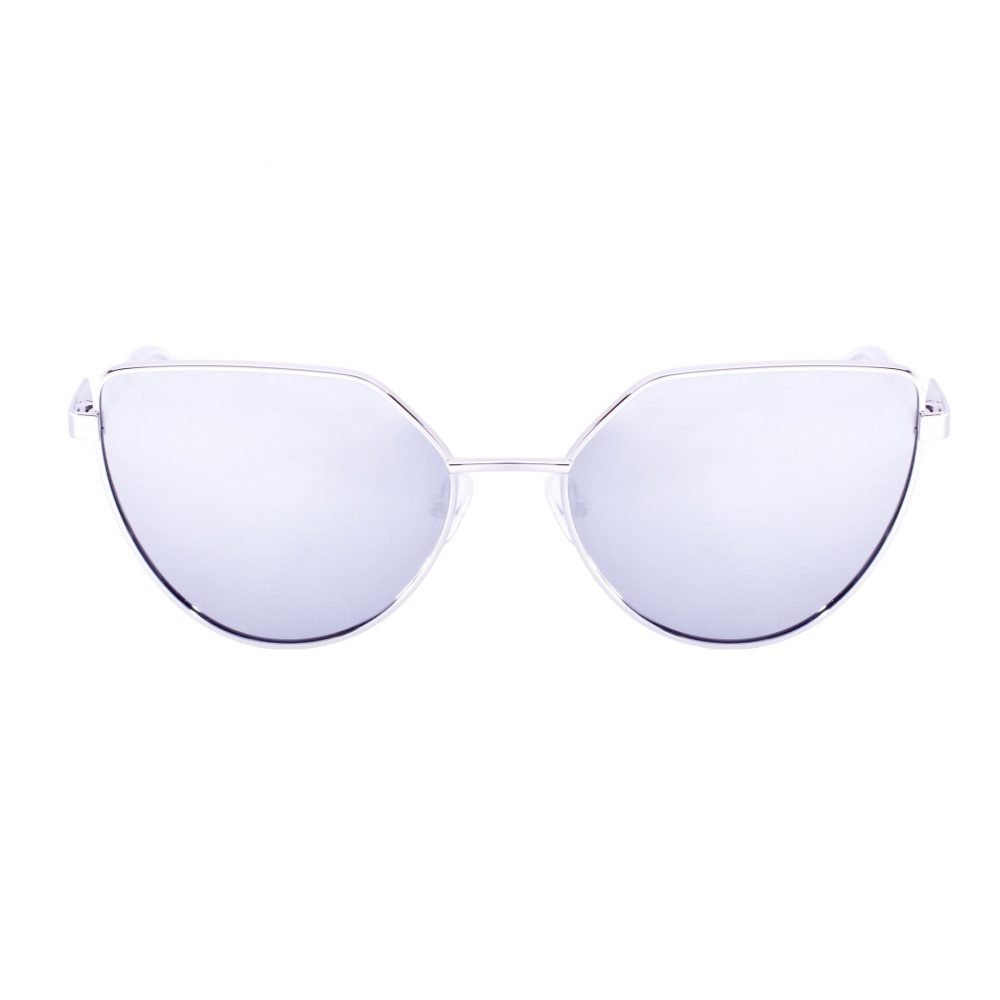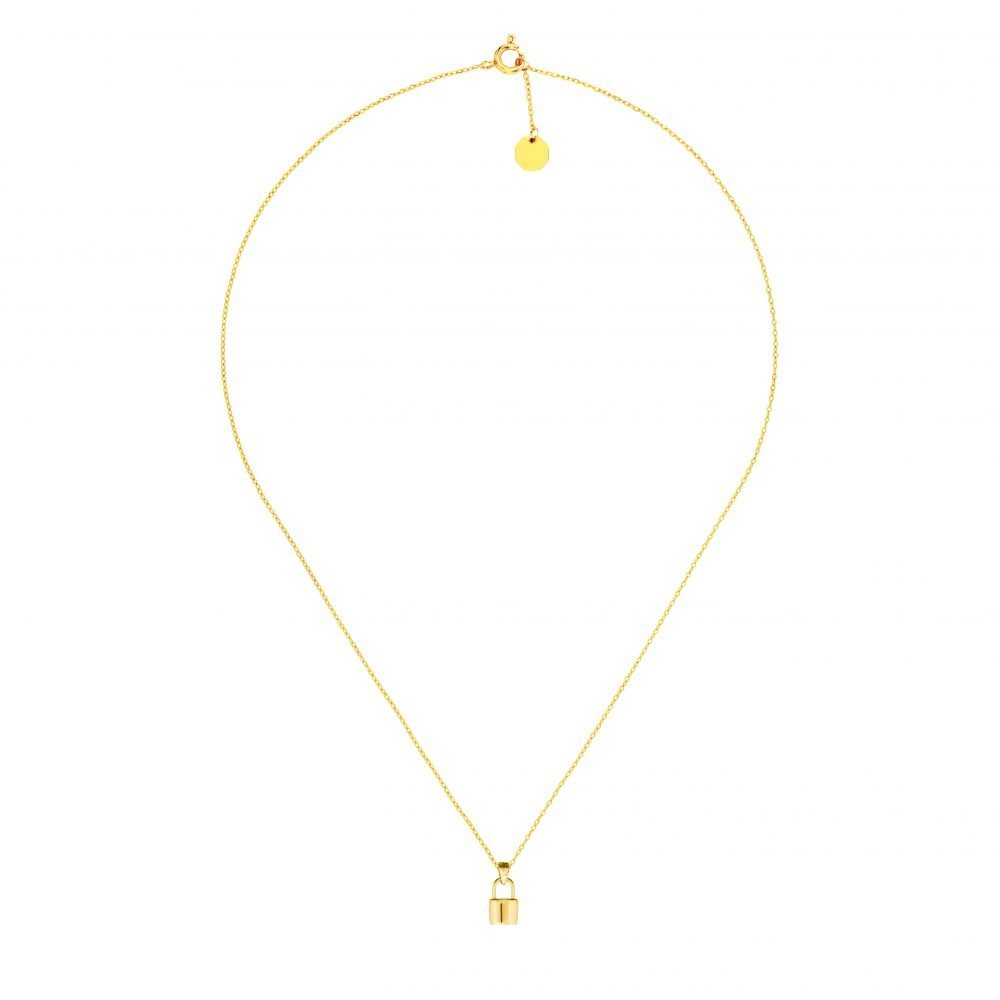What are Contracts For Difference CFDs?
Content
We offer CFDs on a wide range of global markets, covering currency pairs, stock indices, commodities, shares and treasuries. An example of one of our most popular stock indices is the UK 100, which aggregates the price movements of all the stocks listed on the UK’s FTSE 100 index. When you trade CFDs, you don’t buy or sell the underlying asset (e.g. a physical share, currency pair or commodity). We offer CFDs on thousands of global markets and you can buy or sell a number of units for a particular product or instrument https://www.xcritical.com/ depending on whether you think prices will go up or down. Please remember that for retail clients you could lose up to the amount of your deposit.
Short-selling CFDs in a falling market
CFDs are available for a range of underlying assets, such as shares, commodities, and foreign exchange. The client and the broker exchange the difference in the initial price of the trade and its value when the trade is unwound or reversed. Many CFD brokers offer products in all of the world’s major markets, allowing around-the-clock access. Lower margin requirements mean less capital outlay for the trader and greater potential returns; however, increased leverage can also magnify a trader’s Mining pool losses. The trader will pay a 0.1% commission on opening the position and another 0.1% when the position is closed. For a long position, the trader will be charged a financing charge overnight (normally the LIBOR interest rate plus 2.5%).
Shorting using CFDs vs traditional assets
- Some countries have stringent regulations to protect retail investors, while others have less oversight.
- You can also trade the UK 100 from 1 point, Germany 40 from 1.2 points, and Gold from 0.3 points.
- While the contract remains open, your account with the provider will be debited or credited to reflect interest and dividend adjustments.
- Leverage can amplify gains with CFDs but leverage can also magnify losses.
- Some of the benefits of CFD trading are that you can use margin trading, and you can go short (sell) if you think prices will go down or go long (buy) if you think prices will rise.
By short selling the same shares as CFDs, you can try and make a profit from the short-term downtrend to offset any loss from your existing portfolio. CFD trading involves contracts that pay the difference between the opening and closing prices of an asset. Spread betting, on the other hand, is a form of wager on the direction of an asset’s price movement. cfd liquidity provider It’s tax-free in some jurisdictions like the UK and doesn’t provide direct market access. Both allow long and short positions but are taxed differently and have different regulatory frameworks. Another advantage of CFDs is being able to hedge an existing portfolio.
Attempt by Australian exchange to move to exchange trading
This financial derivative can be used across a wide range of instruments including Stocks, Commodities, Forex, Indices and now even Cryptocurrency. CFD trading often has lower transaction costs compared to traditional trading methods, such as stock trading. Some key features of CFDs include the use of leverage, which allows traders to control a larger position with a smaller initial investment.
It’s crucial to understand that in CFD trading, you don’t actually own the underlying asset; instead, you’re speculating on its price movement. This guide delves into the mechanics of CFD trading, offering insights into effective trading strategies, the inherent risks, eligibility criteria for traders, and essential terminology. A contract for difference is a financial derivative product that pays the difference in settlement price between the opening and closing of a trade. CFD trading enables you to speculate on the rising or falling prices of fast-moving global financial markets (or instruments) such as shares, indices, commodities, currencies and treasuries. Advantages to CFD trading include lower margin requirements, easy access to global markets, no shorting or day trading rules, and little or no fees.
These over-the-counter (OTC) products are unregulated and pose a large risk of losses. The investor buys 100 shares of the SPY for $250 per share for a $25,000 position from which only 5% or $1,250 is paid initially to the broker. Fewer rules and regulations surround the CFD market as compared to standard exchanges. As a result, CFDs can have lower capital requirements or cash required in a brokerage account as a result.
With access to a wide range of markets, from forex and indices to commodities and cryptocurrencies, CMC Markets makes it easier than ever to explore and diversify your trading opportunities. For every point the price of the instrument moves in your favour, you gain multiples of the number of units you have bought or sold. Please remember that for retail clients, you could lose up to the amount of your deposit.
Over the last few years, we’ve seen the introduction of a number of social trading brokers to the industry. They offer a completely different way to acess the financial markets using CFD trading. The price of the CFD you are offered is based on an underlying derivative contract or other security. The difference is that by purchasing a CFD, you are not purchasing that underlying security. Using CFDs to hedge physical share portfolios is a popular strategy for many investors, especially in volatile markets.

CFDs offer more versatility, allowing you to trade on a wide range of assets, whereas forex focuses solely on currency pairs. CFDs might also provide more leverage and flexibility, but they come with higher risks due to market volatility. Forex trading is generally more straightforward and might suit those who prefer focusing on currency markets.
CFD trading in crypto allows traders to speculate on the price movements of cryptocurrencies like Bitcoin or Ethereum. This method enables trading on margin, offering the potential for profit in both rising and falling markets without owning the actual cryptocurrency. CFD trading enables investors to speculate on various financial markets, such as stocks, forex (foreign exchange market), indices, commodities, and cryptocurrencies.
CFD trading is subject to varying regulations across different jurisdictions. Some countries have stringent regulations to protect retail investors, while others have less oversight. Regulatory changes can also impact the availability and terms of CFD trading.
For instance, if you buy a contracts for difference at $14 and sell at $16 then you will receive the $2 difference. If you buy a CFD at $10 and sell at $8 then you pay the $2 difference. CFDs are different from financial transmission right (FTR)[32] in two ways.
Our spreads start from 0.5 points on forex CFDs, including the EUR/USD and AUD/USD currency pairs. There is also the option to trade CFDs over traditional share trading, which means that you do not have to take ownership of the physical share. By short-selling the same shares in CFDs, you can try to make a profit from the short-term downtrend to offset any loss from your existing portfolio. Moreover, CFDs offer leverage, which means you can control a larger position with a smaller capital outlay, unlike stocks, where you need to pay the full value upfront. CFDs are also bidirectional, which means traders can profit from both rising and falling prices, whereas stock investors traditionally benefit only when prices rise.
Contracts for Difference (CfD) are a system of reverse auctions intended to give investors the confidence and certainty they need to invest in low carbon electricity generation. CfDs have also been agreed on a bilateral basis, such as the agreement struck for the Hinkley Point C nuclear plant. Someone on our team will connect you with a financial professional in our network holding the correct designation and expertise. Ask a question about your financial situation providing as much detail as possible.
They include Belgium, Canada, Denmark, France, Germany, Italy, the Netherlands, New Zealand, Norway, Singapore, South Africa, Spain, Sweden, Switzerland, Thailand, and the United Kingdom.

















